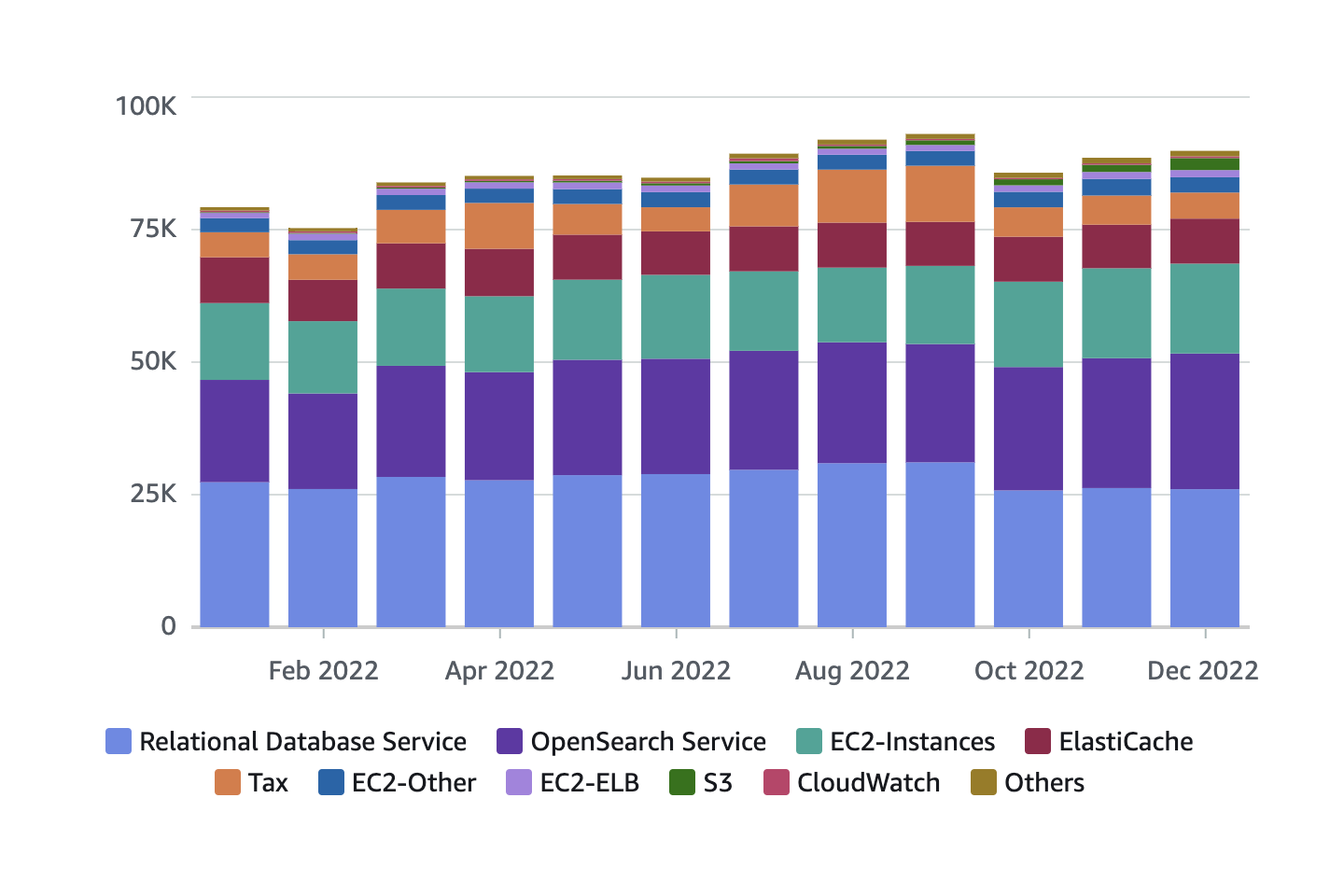In a nutshell: Basecamp announced it was leaving the cloud in October 2022. The company CTO has opened up and detailed how much they were spending on renting computing resources in just a single year, and it's way too much money. Especially compared to what the company can achieve by using its own servers.

Basecamp said it was leaving cloud services because "renting computers is (mostly) a bad deal for medium-sized companies like ours." Cloud companies were making "obscene margins" on computing resources they were renting out, and the savings promised in reduced server complexity never materialized.
David Heinemeier Hansson, CTO of 37signals/Basecamp and creator of the server-side application framework Ruby on Rails, has detailed how much money the company spent on cloud services in 2022. Overall, the web-based project management tool squandered $3,201,564 in just one year -- which means $266,797 of fixed costs per month.
The biggest cost for Basecamp's cloud provisioning was Amazon AWS S3, the remote storage platform where the company spent $907,838 to archive over 8 petabytes of files. Hansson notes the setup was using a "dual-region replication strategy," so that 37signals' biggest product would be resilient against an entire AWS region disappearing.
Basecamp also spent $759,983 (or $63,331 per month) on AWS EC2 and EKS computing services, which Hansson compared to the $1,287/mo cost needed to get the same computing resources on "insanely powerful" physical servers you can purchase from Dell.
Even bringing the cost of cloud resources down to $3.2 million took a lot of work, Hansson revealed.
"The ops team runs a vigilant cost-inspection program, with monthly reporting and tracking," the Basecamp CTO said, and they also entered into a "long-term agreement on committed usage and reserved instances as part of a private pricing agreement." A highly optimized budget which could still be "dramatically" cut by moving most of the cloud services to bare metal hardware.

Basecamp will (mostly) abandon the cloud during 2023, but that doesn't mean the company will need to operate its own data center. 37signals will work with a managed hosting company named Deft, leasing "rackspace, bandwidth, power, and white glove service." Which isn't cheap either, Hansson said, but it still is "far, far less than what we spend on the cloud."
Nobody from 37signals will need to visit any data center: "we order from Dell, have it delivered straight to the data center, and then we see the servers appear online, and then we get to work," Hansson said.
https://www.techspot.com/news/97300-leaving-cloud-basecamp-spent-32-million-year-rent.html
